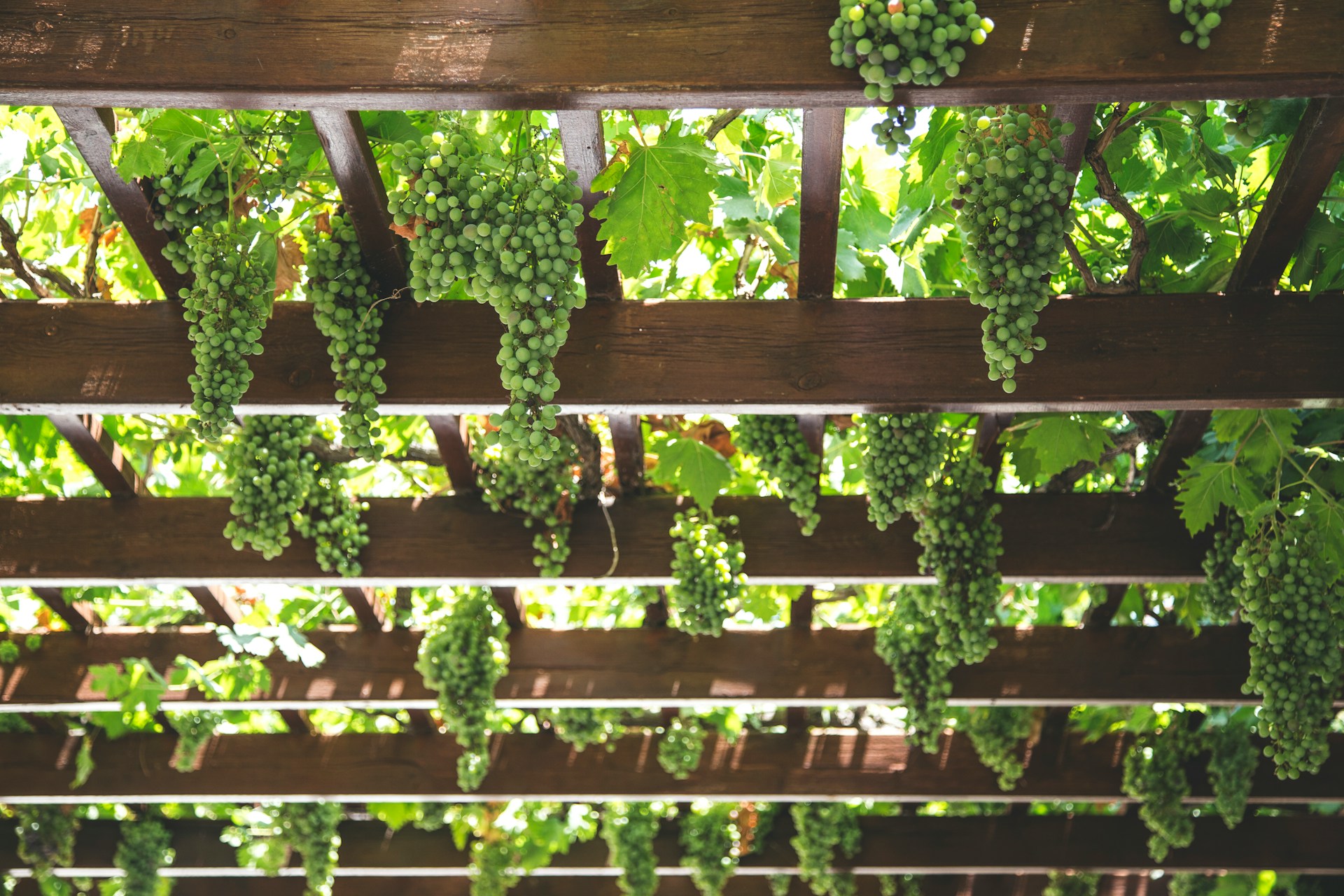Extreme heat, prolonged dry spells followed by relentless rainfall – the climate crisis is posing a serious challenge to the wine industry. Vineyards in traditional wine-growing regions may soon be abandoned. But the shifting climate is not only making grape cultivation more difficult, it is also altering the way wine tastes.
“Wine quality is highly sensitive to temperature during grape ripening,” states a research team from Bordeaux Sciences Agro, led by Cornelis van Leeuwen, in a study published in Nature Reviews Earth & Environment. They highlight a range of factors contributing to this phenomenon.
Ramón Mira de Orduña Heidinger from ETH Zurich elaborates on these factors in a review published in Food Research International. According to his findings, higher temperatures reduce the amount of malic acid in grapes, lower potassium levels, and lead to a decreased pH value.
Overripe Fruit Flavours Replace Fresh Fruit Notes
As temperatures rise, the French research team notes that wines are increasingly characterised by cooked or overripe fruit flavours, rather than the fresh fruit aromas they are traditionally known for. The lower pH levels contribute to a diminished sense of freshness. Reduced acidity can also lead to decreased microbiological stability, resulting in off-flavours.
On the other hand, heat increases the sugar content in grapes, which in turn boosts alcohol levels. In regions like Alsace and Bordeaux, wines are already showing higher alcohol content. Mira de Orduña Heidinger, a microbiologist specialising in oenology, points out that wines with 13%, 14%, or even 15% alcohol are becoming more common. Wine critics have complained about these “heady” and “hot” wines.
Wildfires Could Affect Wine Flavour Too
The expert also notes that rising temperatures could lead to paler young red wines and fewer aromatic compounds in varieties such as Sauvignon Blanc. Additionally, wildfires, which are increasing due to climate change, could affect wine flavour. In Australia, for instance, a smoky, ashy taste has already been reported in some wines.
The wine industry is well aware of these challenges. “Viticultural practices can mitigate these effects without compromising the definition of wine by adjusting microorganism selection, reducing sugar in the must, lowering alcohol content, and increasing acidity,” states the French Wine Institute in a strategy paper on climate change.
Traditional Wine Styles Persist Despite Challenges
In Germany, wine producers are also adapting to these changes. “The winemakers I know tend to maintain the typical style of their wines because there is a market for it,” explains climate impact expert Heiko Paeth from the University of Würzburg, who researches wine production. “German consumers are conservative.”
According to Paeth, low-acid, high-alcohol wines have a harsh, unappealing taste that few people enjoy. “People want young, white, fruity, yet dry wines, especially younger consumers.”



